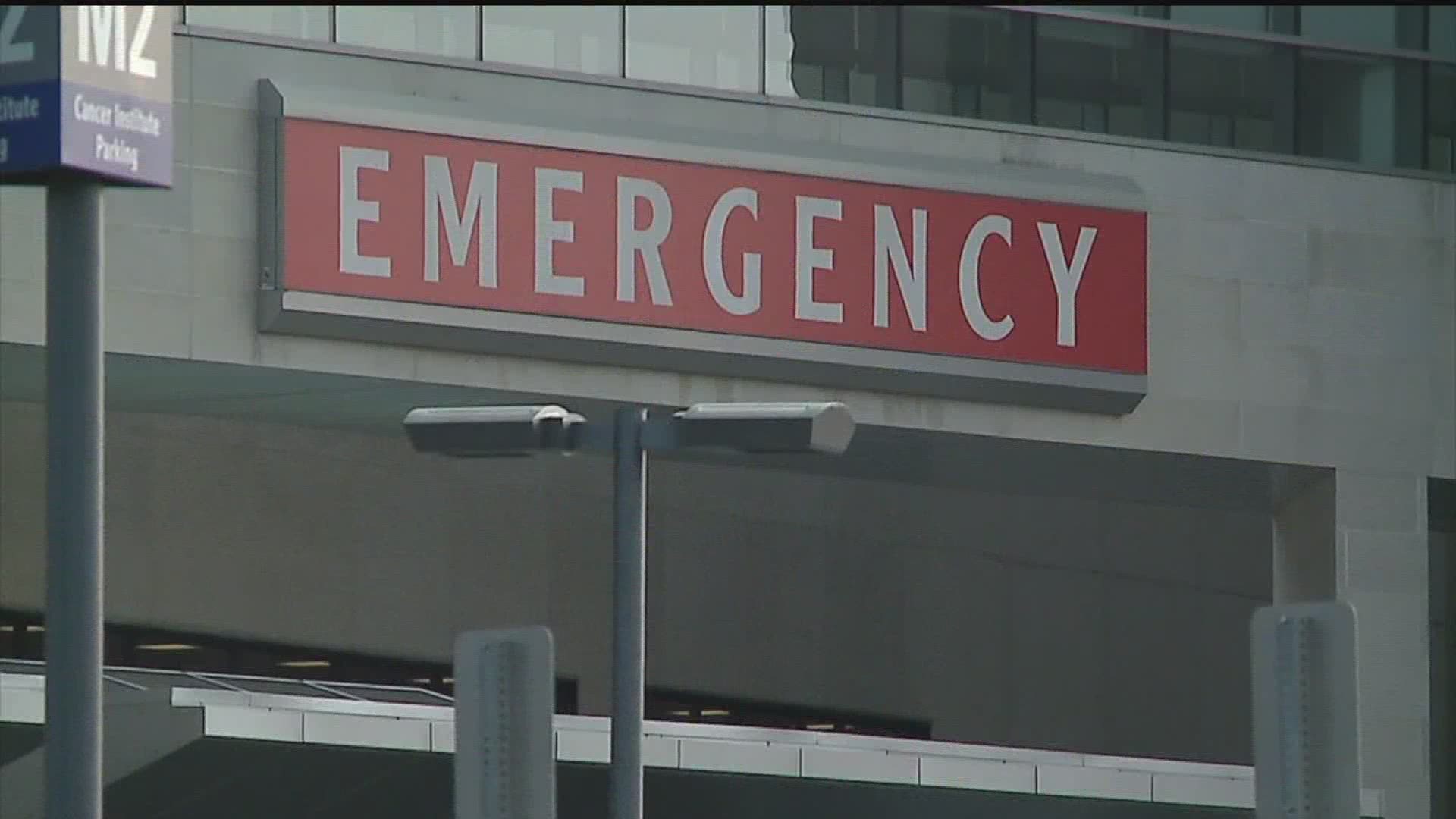HARRISBURG, Pa. — Pennsylvania hospitals need to make separate $250 million tax payments to the state on May 1 and June 1.
Those payments will get made one way or the other, according to Hospital Association of Pennsylvania president Andy Carter. However, if the money comes from hospitals, Carter says it may lead to further furloughs and potential job loss.
However, if those payments are not made by hospitals, and the commonwealth does not offer its assistance, Carter says Pennsylvania could stand to lose billions of dollars in matching federal funds.
It's a double-edged sword put into motion by COVID-19. Hospitals across the commonwealth estimate they've lost 40% of their revenue due to not being allowed to conduct elective surgeries and other non-essential work. Much of the manpower has been dedicated to fighting the novel coronavirus. While news Monday from Pa. Health Secretary Dr. Rachel Levine that hospitals could continue elective surgeries was met with optimism among HAP leaders, Carter still predicts hospitals across the state stand to lose $10 billion in 2020.
Governor Tom Wolf has offered up $450 million in the form of a loan program. Meanwhile, around $1.7 billion in federal money from the CARES Act has already been promised to Pennsylvania hospitals. Carter expects that number to increase to $3 billion once all federal funds are assigned.
That is still a shortfall of around $6.5 billion, not even including the $1.5 billion the hospital association is asking for from the state to fund an emergency relief effort.
"We believe if the state doesn't step in to help out, hospitals will have to make these heart-wrenching decisions they've already had to start making but at a higher level," Carter said, "I'd fully expect without relief there will be a significant uptick in these furloughs."
Carter says discussions with state legislative leaders are ongoing.
Earlier in April, FOX43 spoke with State Rep. Paul Schemel (R-Franklin), chairman of the Pa. House Subcommittee on Health Care, about HAP's request.
"We have a lot of dogs barking right now," Schemel said. "Schools are barking. Fire departments and hospitals. It's a developing line of needy recipients who need state dollars."
Carter believes hospitals should be at the front of that line.
"Hospitals, nursing homes, and physicians are at the frontlines of this crisis, so we're basically asking for relief for those who are essentially first responders," Carter said.

